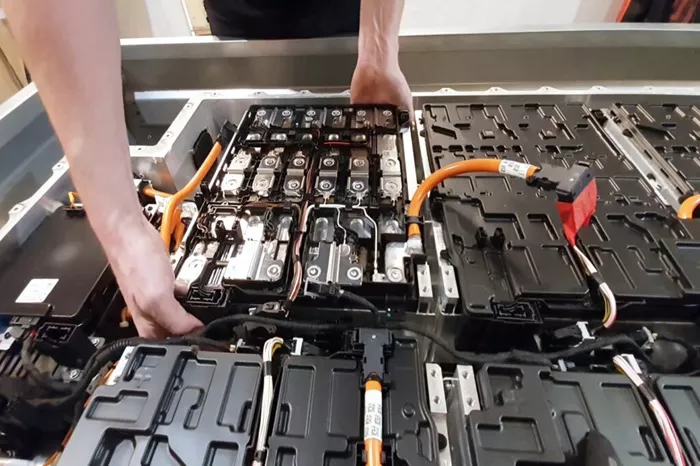Lithium metal batteries represent a pioneering advancement in modern battery technology, offering the potential to significantly improve energy density, especially for electric vehicles (EVs). Currently, lithium-ion batteries use a graphite anode, which limits their maximum energy capacity. This limitation restricts the range of EVs, with current models achieving a maximum range of around 400 km. Lithium metal batteries, however, could increase that range by 50% or more, offering substantial improvements for EVs and other applications requiring high energy densities.
According to IDTechEx’s latest report, “Lithium Metal Batteries 2025-2035: Technology, Players, and Forecasts,” the lithium metal battery industry is expected to exceed US$13 billion by 2035, with electric vehicle deployments accounting for 78% of the market.
Key Advantages of Lithium Metal Anodes
Highest Gravimetric Energy Density: Lithium metal anodes offer the highest energy density compared to any other anode material used in lithium-ion batteries, making them a prime candidate for energy-intensive applications like electric vehicles.
Potential for Enhanced EV Range: By increasing the energy density of the battery, lithium metal can improve the range of electric vehicles by up to 50% compared to current lithium-ion technologies.
Challenges and Risks
Lithium Dendrites: One of the major challenges of lithium metal batteries is the formation of lithium dendrites during charging and discharging. These dendrites form when lithium metal is plated and stripped from the anode current collector. If the dendrites grow in an inhomogeneous manner, they can cause the formation of tendril-like structures that pierce the solid electrolyte interface (SEI) layer, leading to chemical reactions with the electrolyte and loss of active material.
Battery Instability: The formation of lithium dendrites can result in short circuits that compromise the battery’s performance and lifetime, ultimately causing early cell failure and rendering the battery useless.
Despite these challenges, advances in battery management systems and solid-state electrolytes are expected to address these issues, enabling lithium metal batteries to become a reliable and efficient option for electric vehicles and other energy-intensive applications in the future.
Related topics:
- China’s ‘Precision Therapy’ Extends Lithium-Ion Battery Life for EVs
- Altilium’s EcoCathode Technology Drives LFP Battery Recycling in the UK
- Tozero Breaks Ground on Industrial-Scale Battery Production

